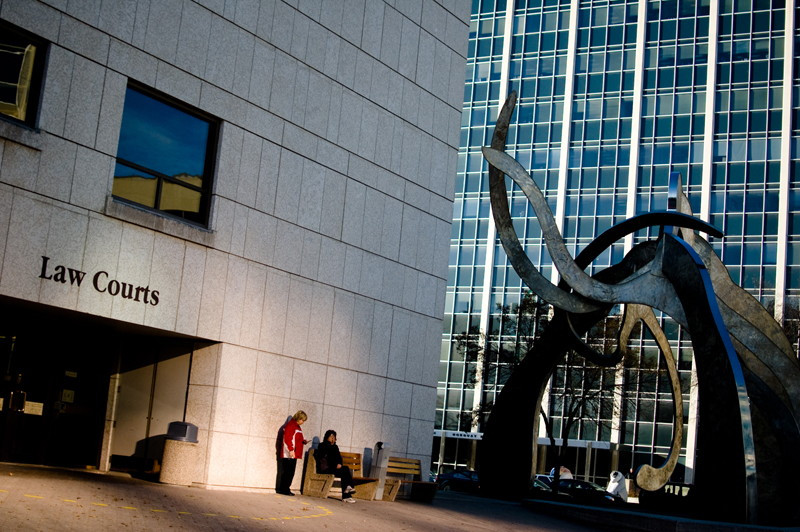Is Manitoba the wrongful conviction capital of Canada?
“Proactive” approach may account for high number of overturned convictions
A string of high-profile overturned convictions in the province, including Thomas Sophonow and Kyle Unger, attributed to charismatic prosecutor George Dangerfield, prompted Maclean’s magazine to claim that Manitoba may become Canada’s wrongful conviction capital.
“We’ve certainly had a lot of wrongful convictions that are notorious, but the idea that we are the wrongful conviction capital is hyperbole,” said David Deutscher, a professor of law at the University of Manitoba. “You can see the number of cases in Ontario, for example, caused by the forensic [mistakes] of the unqualified Dr. Charles Smith. A prediction that we will become the capital is purely anecdotal.”
One reason that Manitoba stands out may be because our approach to wrongful convictions has been proactive.
“Manitoba may be leading the way in terms of discovering wrongful convictions,” said defence counsel Sarah Inness.
Inness points to the exoneration of James Driskell – after he served 12 years for first-degree murder, due partly to discredited physical evidence – as shining a harsh spotlight on the tragedy of wrongful convictions in Manitoba.
“It brought to light that we need to have a dialogue surrounding wrongful convictions and a lot of very positive recommendations came out of that,” said Inness.
The recent case of Kyle Unger, who spent 14 years in prison for the sexual assault and slaying of 16-year-old Brigitte Grenier at a concert in 1992, was overturned. The mishandling of the case has been attributed to faulty DNA evidence, a lack of disclosure and a reliance on unsavoury witnesses.
“Tunnel vision – where the police focus on a suspect at the exclusion of other possible suspects – faulty eye witnesses and unreliable expert opinion are often found in these cases,” said Win Wahrer of the Association in Defence of the Wrongfully Convicted, who Kyle Unger applied to in an effort to clear his name. “We’re dealing with human beings. People can buy into a theory and refuse to look elsewhere.”
Wahrer expressed frustration that people can so easily fall through the cracks of the justice system and into a devastating period of imprisonment because of elements like ego and a rush to judgement.
One approach advocated by AIDWYC and Inness is to have an independent body separate from the attorney general and justice minister to judge claims made following a defendant’s struggle through the appeals process.
“We are dealing with a human being’s life. Nobody deserves to lose their freedom if they didn’t do anything,” said Wahrer.
Published in Volume 64, Number 11 of The Uniter (November 12, 2009)







